Contents
Site editors and contributors
Editors
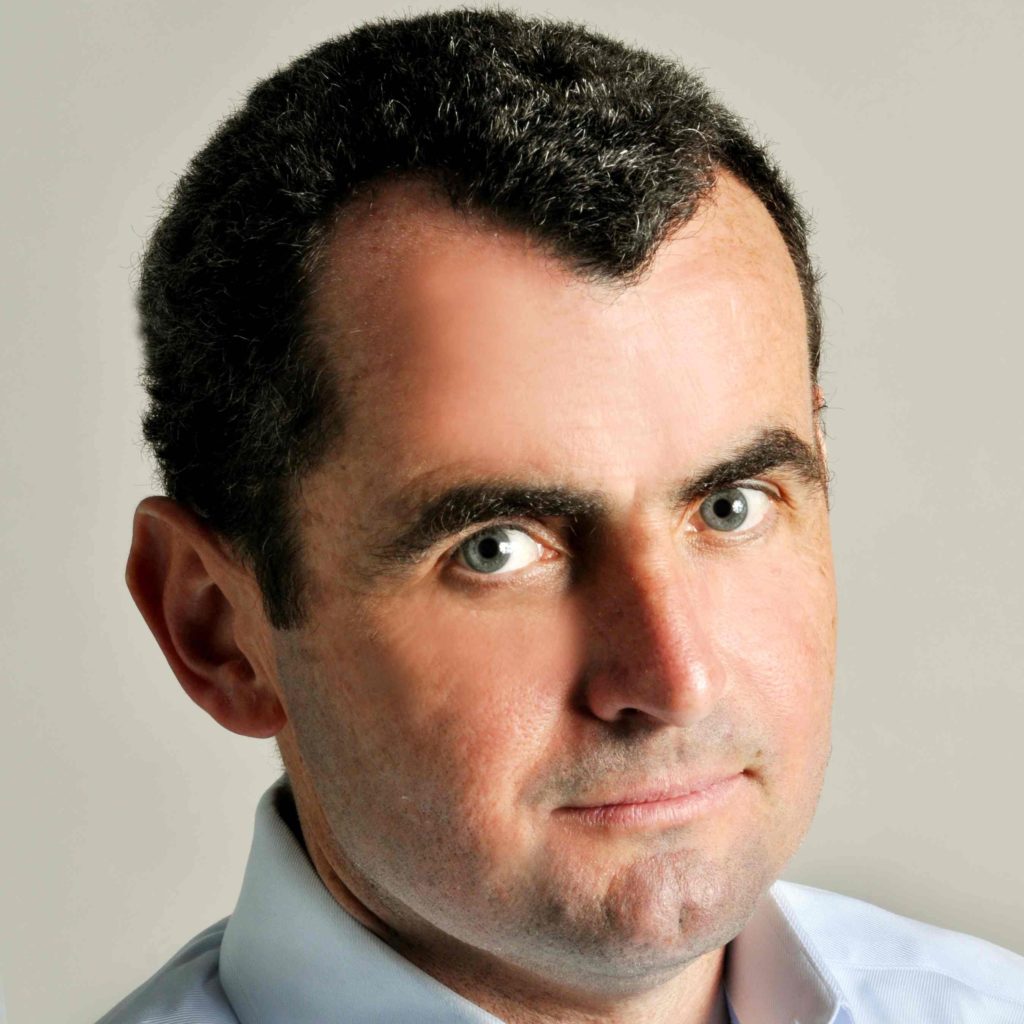
Oliver M. O’Reilly is a professor of mechanical engineering and the Vice Provost for Undergraduate Education at the University of California, Berkeley (UC Berkeley). His research interests lie in continuum mechanics and nonlinear dynamics, specifically in the dynamics of rigid bodies and particles, Cosserat and directed continuua, dynamics of rods, history of mechanics, and vehicle dynamics. Oliver has co-authored over 100 archival publications and the textbooks Engineering Dynamics: A Primer (Third Edition, Springer, 2019), Intermediate Dynamics For Engineers: A Treatment of Newton-Euler and Lagrangian Mechanics (Second Edition, Cambridge University Press, 2020), A Primer on the Kinematics of Discrete Elastic Rods (Springer, 2018), and Modeling Nonlinear Problems in the Mechanics of Strings and Rods (Springer, 2017). He is the recipient of several awards, including UC Berkeley’s Distinguished Teaching Award in 1999, the Pi Tau Sigma Professor of the Year Award in 2003, and the Tau Beta Pi Outstanding Faculty of the Year Award in 2013.
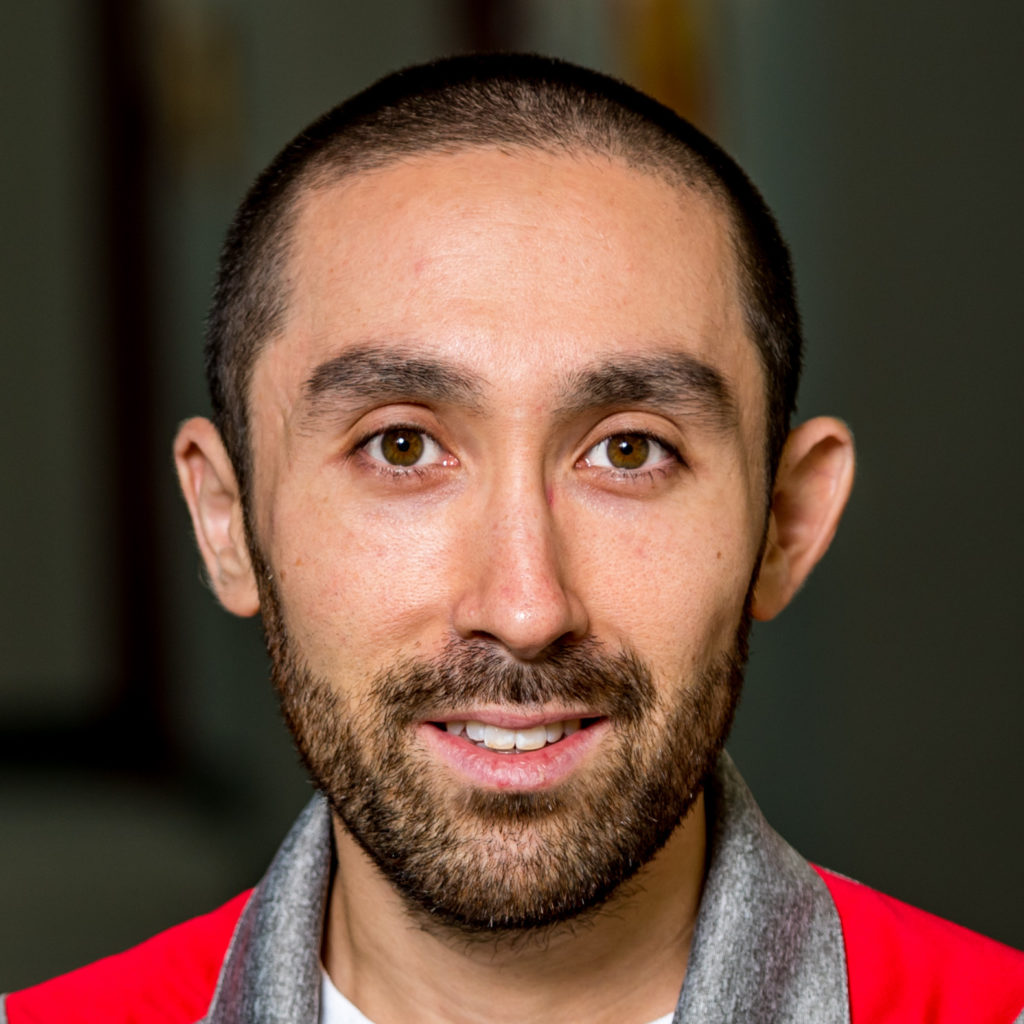
Daniel T. Kawano is a professor of mechanical engineering at Rose-Hulman Institute of Technology in Terre Haute, Indiana. He teaches courses in dynamics, vibration, and MATLAB programming. His research and professional interests include decoupling algorithms for second-order linear dynamical systems and their associated quadratic matrix polynomials; nonlinear dynamics; and rigid-body dynamics of multi-body systems. Daniel is co-author of the textbook Engineering Mechanics: Dynamics (Wiley, 2017) and the recipient of the 2016 Outstanding New Mechanics Educator Award from the Mechanics Division of the American Society for Engineering Education.
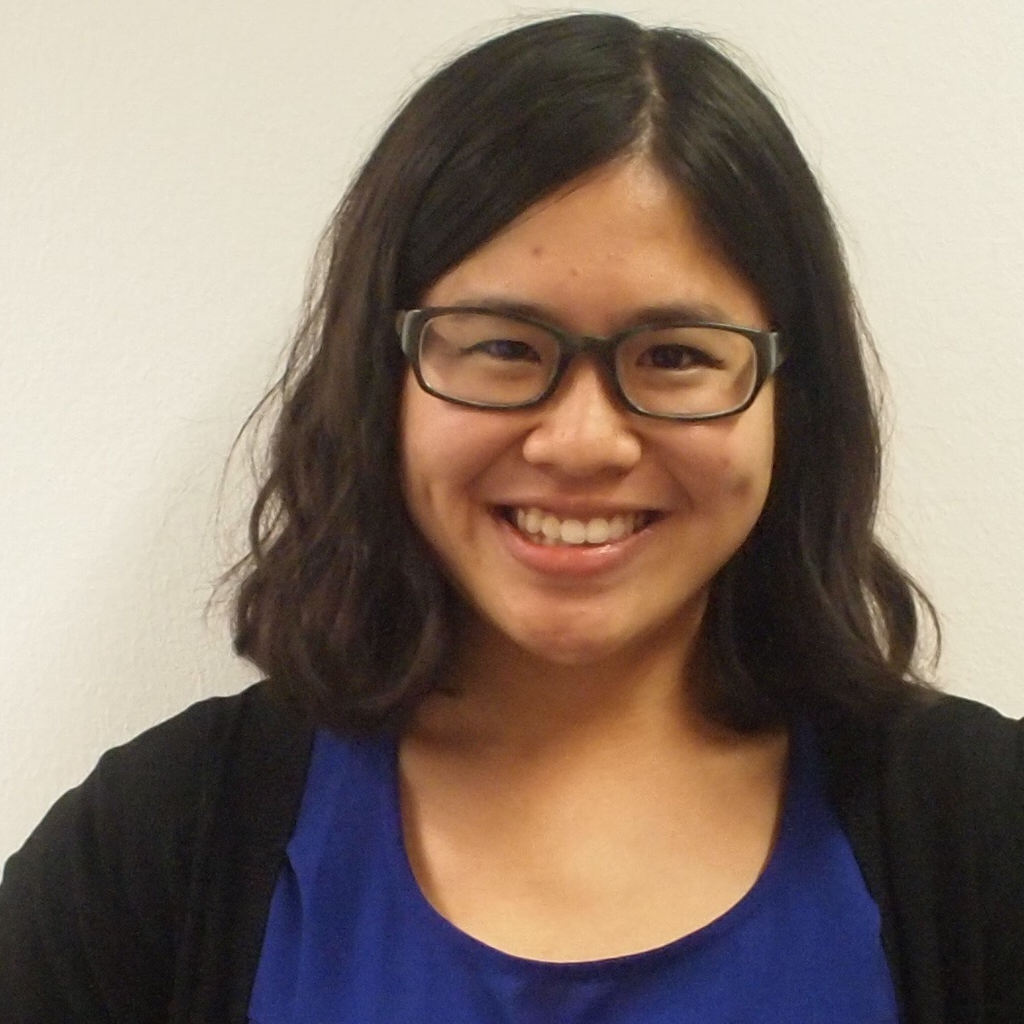
Alyssa Novelia received her bachelor’s (2012), master’s (2015) and PhD (2018) degrees in mechanical engineering from UC Berkeley under the advise of Professor O’Reilly. Her research interests at UC Berkeley lay primarily in nonlinear dynamics of rigid bodies and continua.
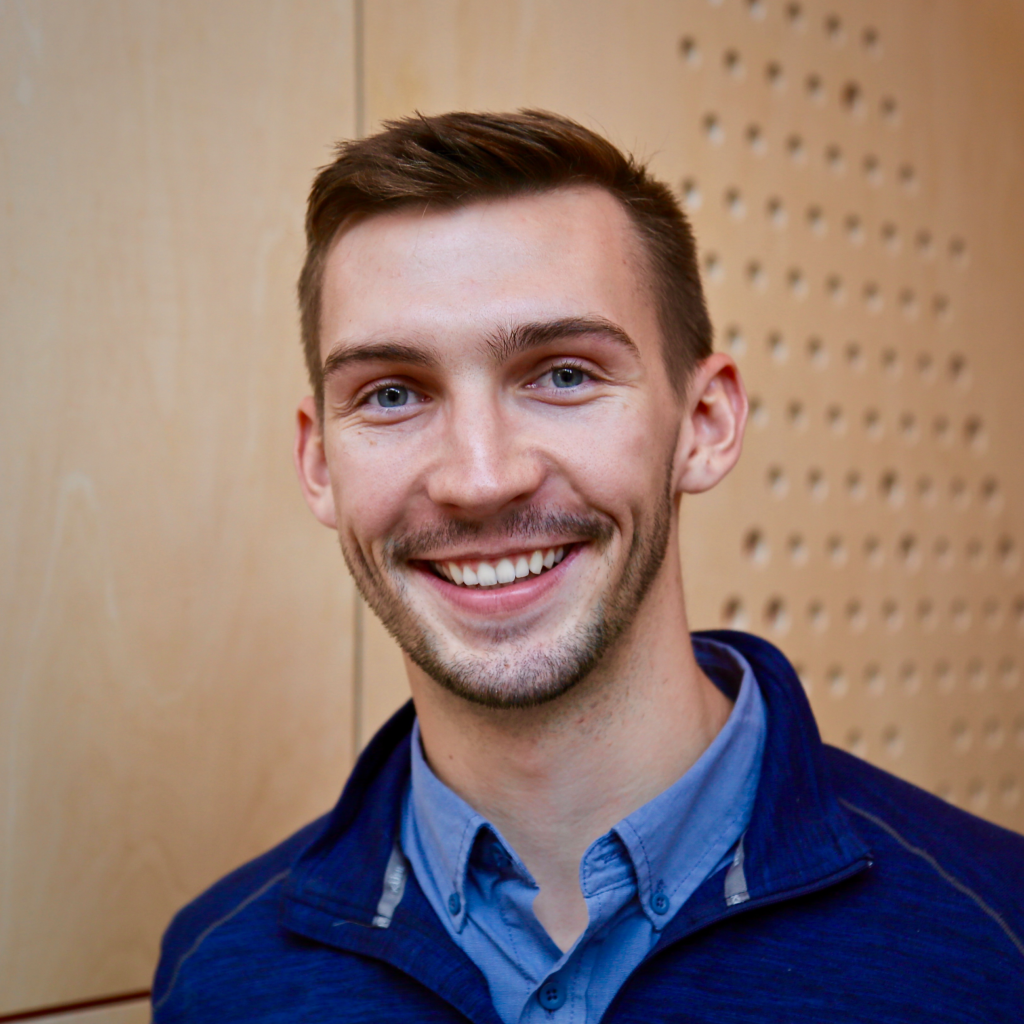
Brian Muldoon received his Bachelor’s degree in mechanical engineering from Texas A&M University in 2019 and his MS degree in Mechanical Engineering from UC Berkeley in 2021. Brian was a recipient of the National Science Foundation Graduate Research Fellowship in 2020 and has served as a Graduate Student Instructor for Engineering Materials and Electronics for the Internet of Things courses at UC Berkeley.
Contributors
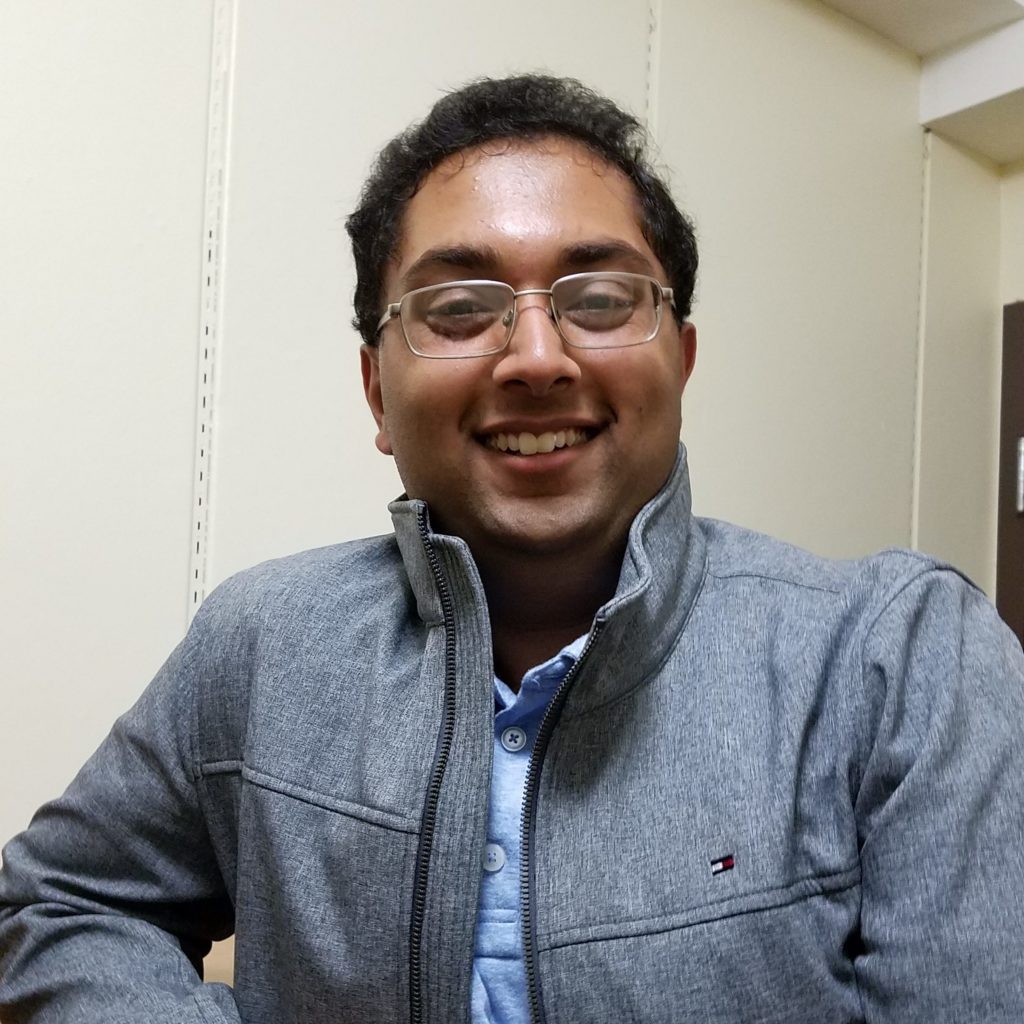
Prithvi Akella was an undergraduate student in mechanical engineering at UC Berkeley. He graduated in 2018 with a BS degree in Mechanical Engineering. Prithvi received his PhD from California Institute of Technology in 2023.
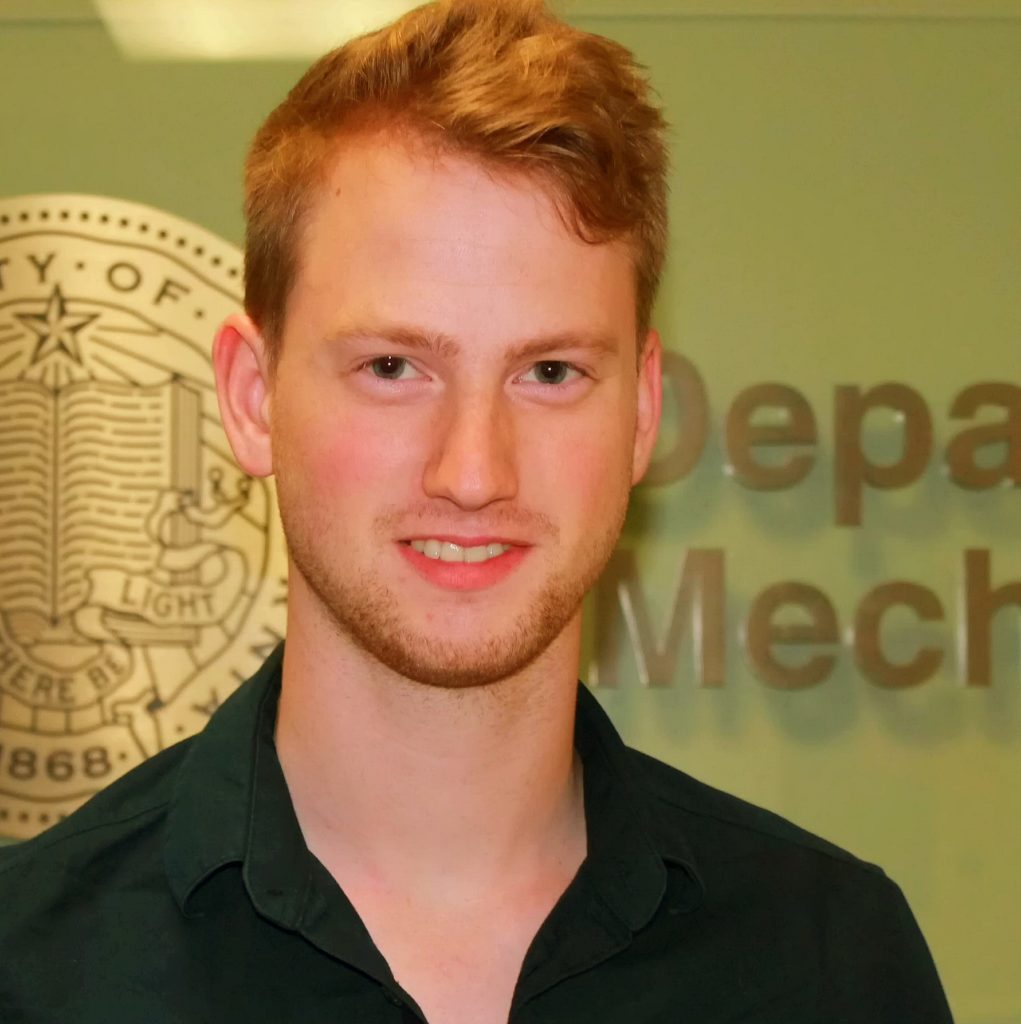
Andreas Hansen received his master’s degree from the Technische Universität Hamburg-Harburg (TUHH) in Germany and is a former doctoral student in the Vehicle Dynamics & Control Laboratory at UC Berkeley. He received his Ph.D in 2017 while working under the late Professor J. Karl Hedrick. Andreas’ primary research emphasis entailed studying the fields of nonlinear systems, real-time optimization, and control of ground vehicles.
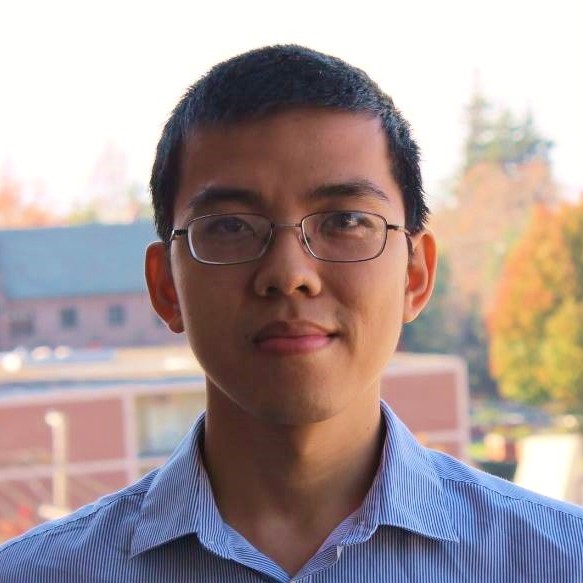
Tung Phan is a Jack Kent Cooke scholar who graduated from UC Berkeley with bachelor’s degrees in mechanical engineering and nuclear engineering. He is a recipient of the Class of 2015 Nuclear Engineering Departmental Citation and received his PhD from the California Institute of Technology in 2021.
Acknowledgments
The editors are grateful to the following individuals for their collaborations and/or constructive comments:
- Professor James Casey
- Dr. Nur Adila Faruk Senan
- Dr. Patch Kessler
- Professor Tom R. Nordenholz
- Professor Andy Ruina
- Professor Dmitry Savransky
- Professor James Simmonds
- Professor Arun Srinivasa
- Dr. Peter Varadi
Major portions of the text used in this website are adapted with permission from the textbook Intermediate Dynamics for Engineers: A Unified Treatment of Newton-Euler and Lagrangian Mechanics by Oliver M. O’Reilly. The editors are also grateful to their home institutions:


Use of site content
Use of content available on this site is subject to a Creative Commons Attribution-NonCommercial 4.0 International license, as indicated in the footer of this and every other page of the site. You are free to use material from this site for non-commerical purposes only and with proper attribution. Please visit the Creative Commons website for more information about this and other Creative Commons licenses.
Privacy statement
The University of California, Berkeley (UC Berkeley) is committed to protecting the privacy and accuracy of confidential information to the extent possible, subject to provisions of state and federal law.
Our commitment to your privacy
Although there are many applications and websites that collect information and other statistics about their users, rotations.berkeley.edu does not collect any personal information about you when you visit this website.
Revisions to this privacy statement
This privacy statement was last revised on June 4, 2015. We may change this privacy statement at any time and for any reason. We encourage you to review this privacy statement each time you visit the website.
Responsibility for external sites
While using rotations.berkeley.edu, you may encounter hypertext links to the webpages of other UC Berkeley websites or organizations not directly affiliated with UC Berkeley. All UC Berkeley websites must comply with the Privacy Statement for UC Berkeley Websites policy, but these sites may have refined the standard campus privacy statement to include additional or stronger privacy provisions. UC Berkeley does not control the content or information practices of external organizations. We recommend you review the privacy statements of those organizations.
How to contact us
If you have questions or comments about this privacy statement, please contact the editors of this website.